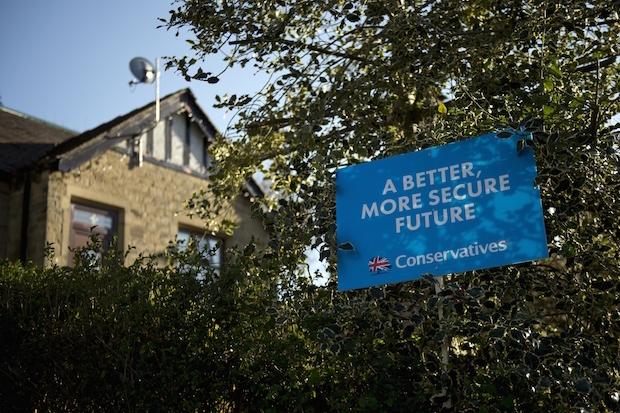Lord Feldman’s announcement of a £250,000 bursary scheme for Conservative candidates shows that the Tory party is starting to face up to some of the little-discussed factors behind Parliament containing so few MPs from working class backgrounds. The cost of standing for Parliament in a seat that is considered winnable is obscene: candidates can lose £34,000 of their own money on average (that figure comes from this ConHome survey of 2005 candidates, but my own research which I am conducting currently suggests that it is roughly similar for those who stood in 2015: more on this soon). And this means that it’s impossible for some people to ever consider running.
The Conservatives ran their own survey which received 60,000 responses from members and activists, 83 per cent of whom said they wanted bursaries for candidates.
So the party chairman’s announcement is a good thing, though it’s worth noting that this £250,000 is the overall fund, and so if it covered candidates’ entire costs, it would only fund eight people, though that in itself is still a start. What it will do is enable those on bursaries to give up their jobs where they previously couldn’t afford to, without getting into financial difficulty. A little-known part of the aftermath of an election is the number of unsuccessful candidates left wondering how on earth they can pay off tens of thousands of pounds of debt they have racked up during the campaign. This scheme will help with that.
The bursaries won’t all cover a candidate’s entire costs, though, and neither will they address the fact that you still generally need to give up your job to be a candidate in a marginal seat, with no guarantee that you can return. This in itself is off-putting for many people, for whom the compensation won’t be worth the risk of abandoning a family business, for instance. The parties should at some point ask whether the ridiculous level of sacrifice they demand from their candidates is actually worth it: I know a number of Labour candidates who spent years and considerable sums of their own money campaigning but who didn’t win because their party was never going to win: voters liked the candidates but didn’t like Ed Miliband or Labour’s offer on the economy. And so some of this effort is entirely pointless, but it puts people off. Until they address those questions, there is a risk that local parties will simply factor bursaries in to the demands they put on their candidates. But at least the Tories are acknowledging that the pressure on candidates has something to do with the sort of MP that ends up in Parliament.







Comments